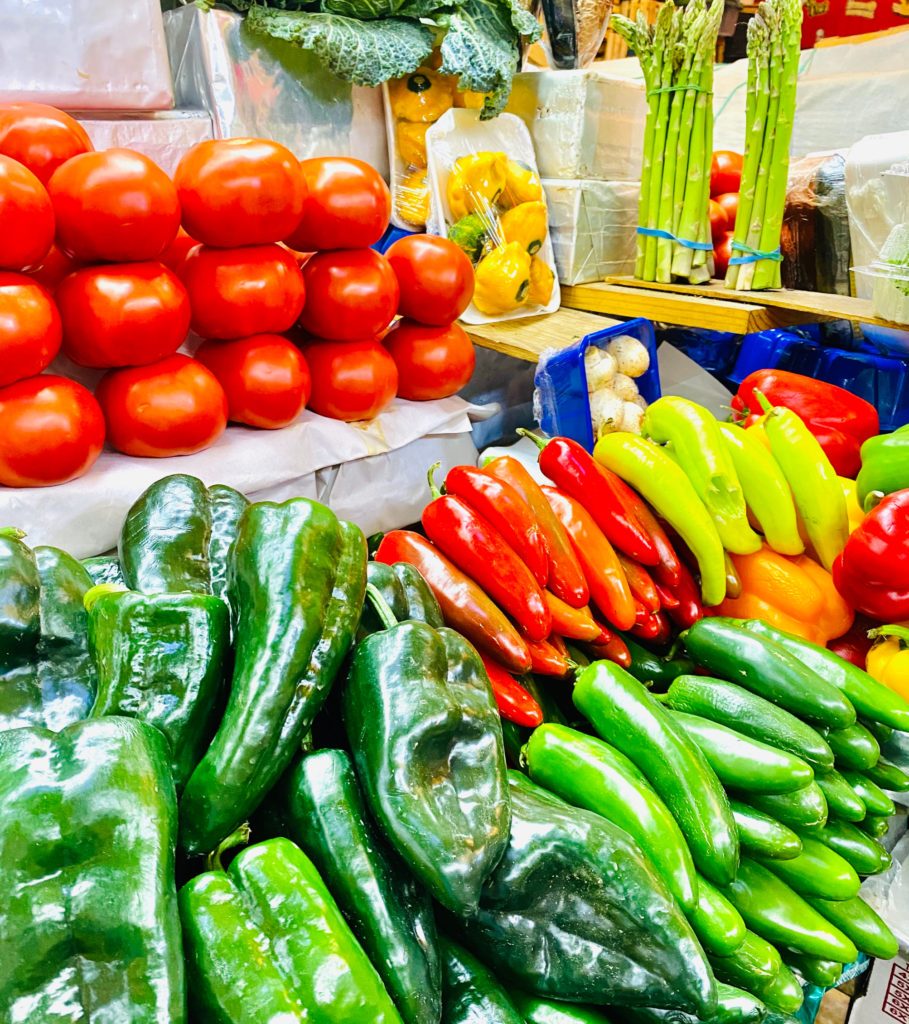Rome/New York, July 27 – Fifty small- and medium-sized enterprises spanning all continents are declared “hidden heroes” in the fight against hunger at a pre-summit conference in Rome at which government leaders are urged to transform the current food systems that failed under the Covid-19 pandemic.
The 50 winning enterprises, selected from nearly 2,000 applicants in 135 countries, are declared Best Small Businesses of the “Good Food for All” competition. The event was organized to highlight the UN Food Systems Summit taking place during the annual UN General Assembly session in September in New York.
Those enterprises are run half by youth and half women from a total of 42 countries. Ten of the enterprises are from Europe and Central Asia; 13 from Africa and Middle East; 10 from East Asia and the Pacific; eight from South Asia and nine North and Latin America. Winners were selected for meeting criteria that include best contribution to “healthier, more sustainable and equitable food for the communities they serve; the strength of their vision for the future; and how well they communicate the current and future impact of their business,” organizers of the prize said.
The winners are recognized for innovation in food nutrition and sustainability and include an Israeli company that produces chickpea protein powder, an Italian start-up that replaces plastic packaging with edible, bio-based natural polymers and a Chinese enterprise that promotes healthier diets by offering monk fruit alternatives to sugar.
“Small businesses are the hidden heroes of our food systems, managing at least half of our food economies and keeping food on our plates throughout the COVID-19 pandemic,” said Dr Agnes Kalibata, Special Envoy of the UN Secretary-General for the 2021 Food Systems Summit. “We must understand the challenges they face and work together to ensure they remain at the heart of efforts to improve the future of food.”
“These food entrepreneurs are quiet revolutionaries. They operate in the toughest markets, having a real impact on rural poverty and hunger,” said Cherrie Atilano, Food Systems Champion and founder of Philippine agri-business AGREA. “Despite this, they are too rarely given a voice on the international stage. With a conducive business environment, positive incentives, and greater influence, they can deliver even more in the future.”
For more information about the 50 winners and their businesses: Food Systems Summit Community Page and a new report on a global survey of these businesses’ ambition and needs.
At the July 26-28 pre-summit meeting in Rome
A press release from the pre-summit said Italian Prime Minister Mario Draghi and Rwandan President Paul Kagame led calls for governments worldwide to overhaul the food systems as evidence showed that the coronavirus pandemic has exposed weaknesses in the food systems and a host of problems, including hunger which in 2020 severely affected 811 million people in 100 countries.
“The pandemic, which still assails us, has highlighted the links between inequality, poverty, food, disease and our planet,” UN Secretary-General Antonio Guterres said in a message to the pre-summit.
Kagame said Africa has adopted a common position aligned with the continent’s Agenda 2063 and the Sustainable Development Goals. He said the position is based on adopting nutrition-centered food policies such as school feeding programs; supporting local markets and food supply chains; increasing agricultural financing to 20 per cent of expenditures; encouraging farmer cooperatives and ensuring women’s access to productive inputs; and an expanding social safety net programs and investing in climate advance warning systems.
Pope Francis said in a message that the world should commit to “designing food systems that protect the earth and keep the dignity of the human person at the center,” in addition to efforts aimed at eliminating hunger. He called for the food systems to “guarantee sufficient food at the global level and promote decent work at the local level; and that nourish the world today, without compromising the future.”
UNICEF Executive Director Henrietta Fore and WHO Director-General Tedros Adhanom Ghebreyesus issued a joint declaration that globally 1 in 3 children is not growing well due to malnutrition, which is a leading cause of child mortality worldwide and 2 in 3 don’t have access to the minimum diverse diets they need to grow, develop and learn.
“A transformation of the food system that listens to the voices of children and young people, and unlocks nutritious, safe, affordable and sustainable diets for every child, everywhere, must be at the heart of strategies, policies and investments,” the declaration said.
Other participants in the mostly virtual pre-summit included Gerd Müller, Germany’s Federal Minister for Economic Cooperation and Development who said, “A world without hunger is possible. We have the knowledge, we have the technology. But we need more money and more investment to eradicate hunger.”
Elizabeth Nsimadala, President of the Pan-African Farmers Organization (PAFO), said: “It’s the first time that I’m seeing a UN process that is inclusive, diverse and open to all stakeholders.”
Joachim von Braun, who chairs the Summit’s Scientific Group, stressed the urgency both of scaling social safety nets as well as further investment for productivity across value chains. He said, “There is no time to be lost.”
Peter Bakker, President and CEO of the World Business Council for Sustainable Development (WBCSD) announced a Business Declaration that sets out the private sector’s ambition towards equitable, net-zero and nature-positive food systems that can nourish all people. “Transformational change is what we need and it’s urgent,” he said.
United Nations correspondent journalists – United Nations correspondent journalists – United Nations correspondent journalists
United Nations journalism articles – United Nations journalism articles – United Nations journalism articles

